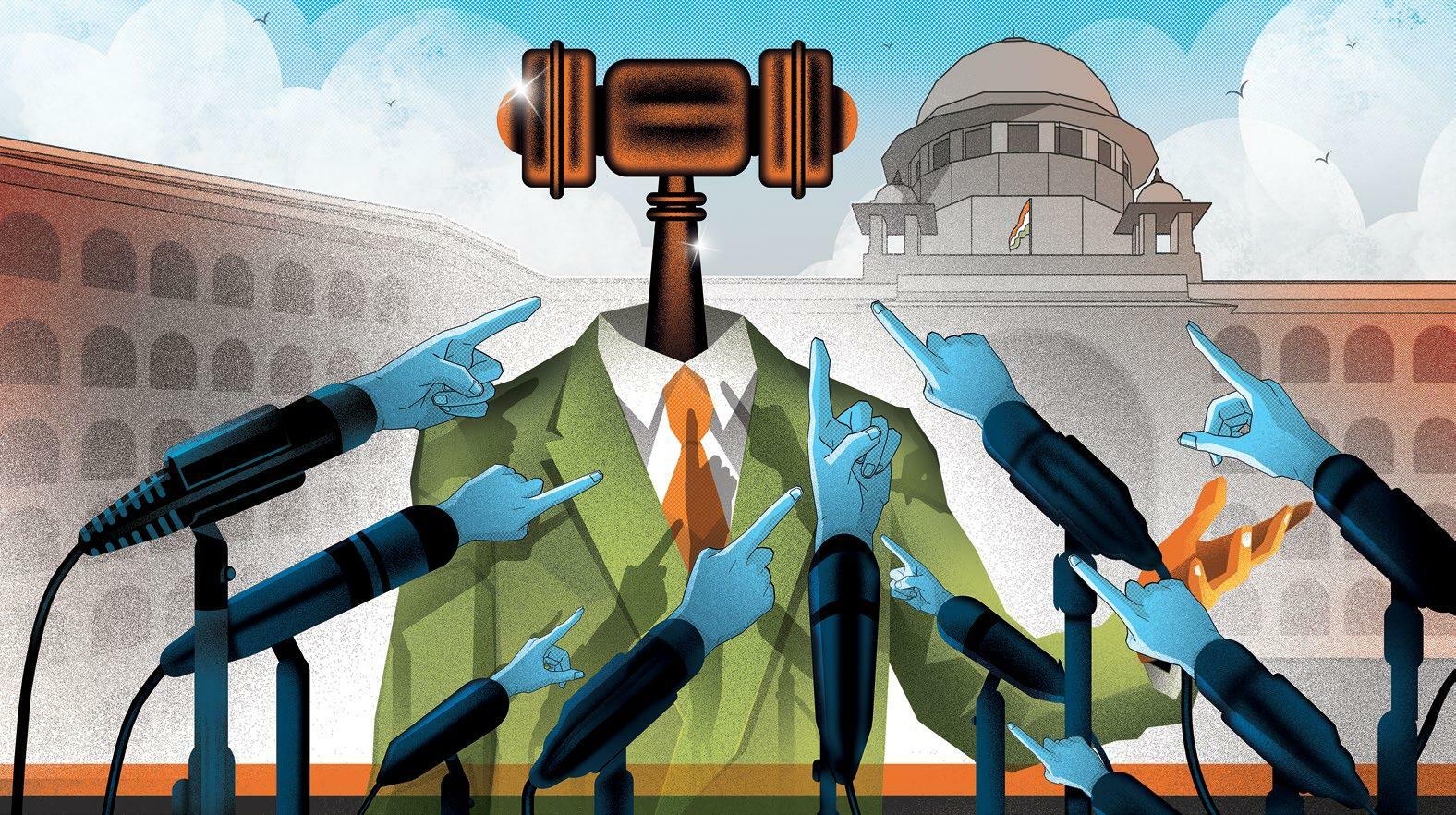Decriminalising Defamation
Forbes India
|October 17, 2025
The Supreme Court's recent observation is an attempt to do away with an archaic law, and align with contemporary values and standards

THE DEFAMATION LAWS IN INDIA sit at the uneasy intersection of two critical fundamental rights: The right to reputation, protected as part of the right to life, and the right to freedom of speech and expression. The offence of defamation in criminal law was inherited by India from the English, and has been retained for reasons which appear outdated in the present landscape. With the change in the means of social, private and public interactions, standards of socially acceptable behaviour, and individual expectations and perceptions as to one's dignity and privacy, there lies a compelling case for reforming the criminal defamation laws in India.
While defamation has been categorised as an offence to provide a means to citizens to protect and preserve their dignity (which is treated as a part of the fundamental right to life) and to prevent indecency, a civil remedy against defamation has also been available alongside. Further, given that (i) defamation primarily and largely affects an individual and their personal interests, (ii) its occurrence is seldom an affront to the society, and (iii) the accused does not become a reasonable threat to the society, the civil remedy becomes the appropriate (and also, effective) recourse—to both, seek damages and expunge the defamatory content. Therefore, injury from a defamatory act—to one’s reputation, dignity or even other related aspects (such as professional prospects and personal relations) can be remedied effectively and satisfactorily through civil recourse.
Denne historien er fra October 17, 2025-utgaven av Forbes India.
Abonner på Magzter GOLD for å få tilgang til tusenvis av kuraterte premiumhistorier og over 9000 magasiner og aviser.
Allerede abonnent? Logg på
Listen
Translate
Change font size

